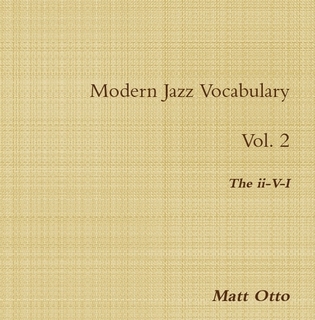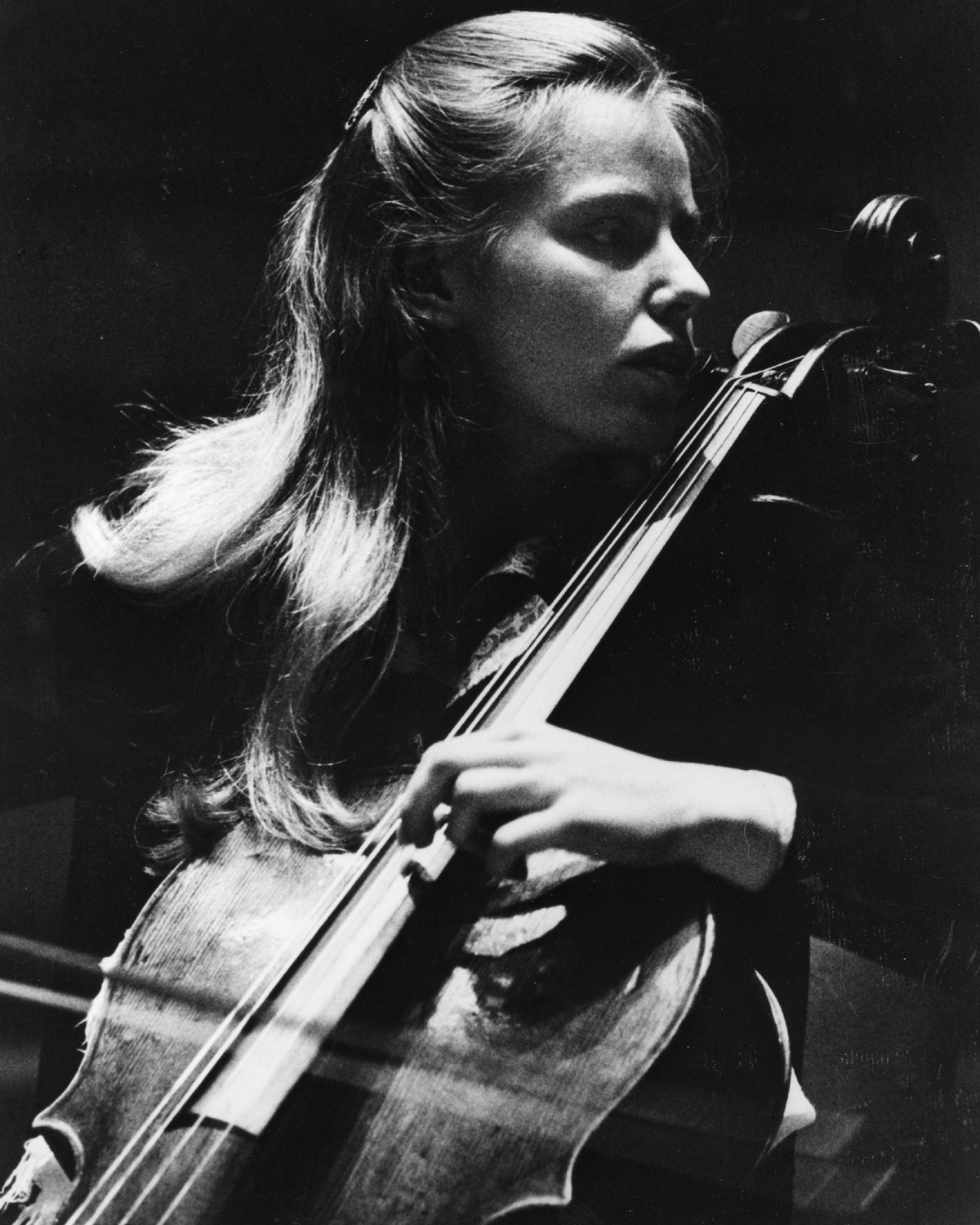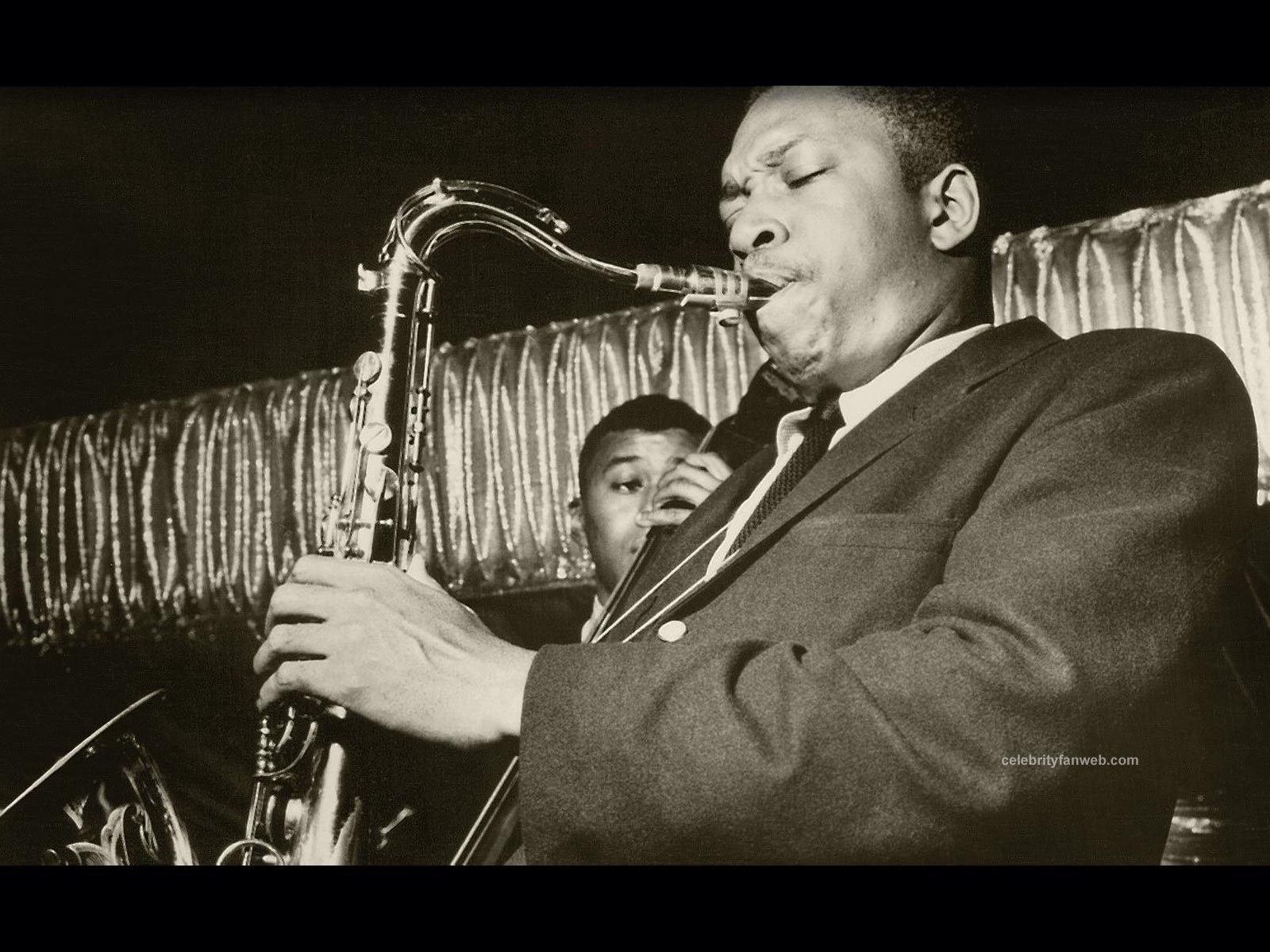Lesson 67: min triad add 9

This ii-7, V7, I melody that uses minor triads with an added 9th (or 2nd) i.e. 1,3,5,9 or 1,9,3,5 etc… The first part of the melody uses a minor triad with the added 9 over the ii chord (D-7 would

Free Jazz Education and Music

This ii-7, V7, I melody that uses minor triads with an added 9th (or 2nd) i.e. 1,3,5,9 or 1,9,3,5 etc… The first part of the melody uses a minor triad with the added 9 over the ii chord (D-7 would

In this lesson we’ll look at the first ii – V7 – I melody found in the “Modern Jazz Vocabulary vol. 2” book. This melody is comprised of major 1st inversion triads descending by half steps and a few chromatic

In lesson 63 we look at a simple melody that uses both the natural 9 (the #11) and the b9 on a dominant 7th chord. Within the first bar of this melody a major triad a whole step above the

I had the honor of doing a masterclass at Casa Valdez Studios while in Portland earlier this month. We talked a lot about singing over droneswhile visualizing the related fingerings on your instrument. Using this method to learn to hear

While working on major 7th and minor 7th “drop 2” chord voicings, I found a nice shape to work on through the keys. Drop 2 is a great way to voice chords and has been used in classical and

This lesson covers a great melody from one of the Bach Cello suites which has been extended slightly to cover the whole major scale. The sequence outlines the main seven chords found in the major scale (in the key of

I thought it might be nice to work with a variation on Lesson 1 (Spread Triads) – In this exercise we play spread major triads a tri-tone apart, a sound which will work nicely over a dominant 7th chord with

This is a nice triadic idea that works through a dimished scale. By simply playing 2nd inversion major triads down by minor thirds you get a nice melodic line that clearly outlines the 4 major triads found in diminshed harmony.

Scales have been a popular thing to practice in both the jazz and classical world for years. Playing through scales as been compared to a painter mixing paints from the primary colors. Scale practice can help you hear subtleties in

This is a short, 1 chorus etude over John Coltrane’s Giant Steps progression. It incorporates a few different conceptual ideas which I find useful. In bars 1-2 and bars 5-6 what is sometimes referred to as a “classical augmented” scale

I’ve always found it effective to work on a specific melody in order to incorporate a general concept into my playing. For instance, when learning to use the #5 on the dominant 7th or i diminished as a substitute for

In this lesson we look at embellishing a triad with specific upper and lower neighbor-tones. The bulk of the exercise will focus on a major triad with surrounding embellishment from the major scale although the concept can be applied to